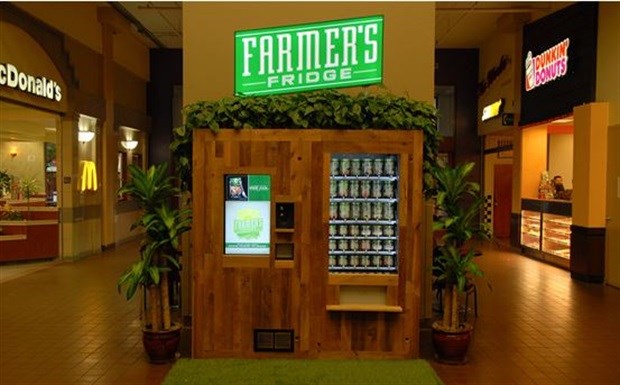
Top stories



From our vantage point, we see that consumerism and the appetite for MORE of everything is driving some key shifts, which marketers simply cannot afford to ignore.
Indeed, there is a very tangible demand (and need) for more Complexity, Participation, Control, Compliance and Connection among today's customers.
The parallel need for MORE brand relevance across the functional, emotional and experience dimensions is driving a few key trends, which we believe are transforming the brand and marketing landscape.
As a result of the proliferation of content, we see many marketers trying to create cut-through using timing or topical issues as a key lever. For example, being quick to respond to current affairs and creating conversations around issues in the public media domain using social media platforms is emerging as a popular approach. (So we now have #tags coming out of our ears)
However, marketers need to be conscious that unless a conversation is relevant to the product or a consumer need, these strategies become pure noise - and your brand may become embroiled in topics which turn bad, spin out of control and ultimately do more damage than good.
Consequently, more brands are requesting support in clearly defining their messaging frameworks. A great example of how to execute this properly is whereby the conversation is perfectly linked to a product feature, brand attitude or need. Here, we refer to the beautifully crafted TAGHeuer #dontcrackunderpressure campaign, which is essentially a clever play on the product attributes - linking back to the brand attributes.
There is a growing need and desire among consumers to participate in the brand journey and experience. As a result, companies are being forced to balance their efforts around sales and marketing. In this environment, marketing no longer precedes sales - there is now a blurring of the lines when it comes to shopper and trade marketing. For example, out of sheer necessity, communication is being developed with sales in mind. So, while the sales function has always been somewhat the ugly sister, marketers are being pushed to discover the beauty in this annoying ugly sister!
A great example is the campaign by Walmart for Covergirl - this was a concept that drove brand image, engagement and retail objectives in one campaign.
This trend sees marketers exploring the outer-edges of the marketplace to the point where you look over the edge and find an uncomfortable idea that is 'ownable'... because on the face of it, it seems unreasonable or is perhaps even inflammatory.
For example, a range of cycling gear for fuller-figured cyclists called Fat Lad at the Back, was rejected as a concept by the Dragons in Dragons Den UK. It has since gone on to become a successful and niche brand business that has been embraced by a target group one would have thought it would have offended.
This approach allows one to create a whole new conversation that is only ownable by the brand that created the idea in the first place. This is not blue ocean thinking - i.e. thinking outside of the category, rather it confronts limiting beliefs or stereotypes within the existing category.
Consumers will always have their vices. Despite the best and most well-designed attempts by educators and legislators, people will always give into certain indulgences. Savvy marketers are recognising the inherent opportunity this presents, by taking small risks in the way they package and present products or services.
For example, some brands are simply repackaging sneaky indulgences in fresh and innovative new ways. In addition, smart marketers are learning how to leverage the demand for convenience to the benefit of both the brand and the consumer.

Finally, brands are embracing the idea of looking for exclusivity inside their product or service offering. For example, taking the idea of the Land Rover Freelander and reformatting it under a sub-brand. While 'Discovery' only existed as a name underneath the Land Rover badge, this approach is creating a high order sub-category.
But this is not Massclusivity - which is about taking a luxury product and making it more accessible. Instead, it's about double-clicking on the offering you have, to create new and powerful appeal under a sub-brand or community.